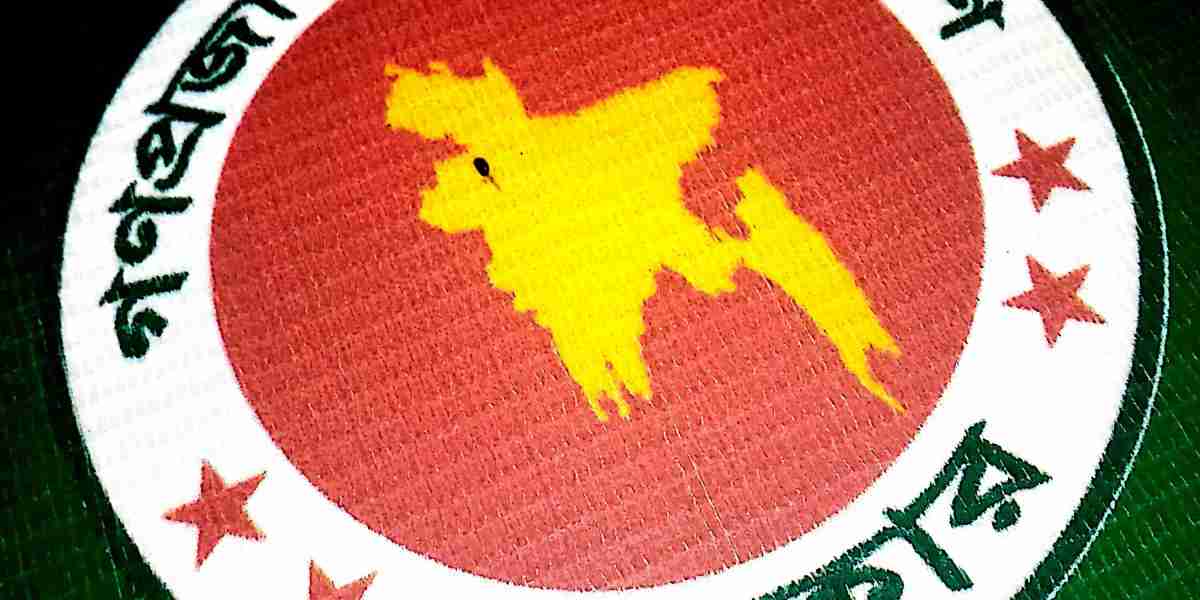India is the main reason why South Asia is in turmoil. India is the largest and most powerful country in this region. Although the area is huge, the minds of the leaders of this country are very narrow. Their ardent thought is that the neighboring countries cannot live in peace and prosperity. India wants relations with the world's most powerful countries on the basis of equality. However, he wants to dominate every small neighboring country in the region.
The country has a great interest in art, literature and culture, especially in films. And they are always trying to increase their strength. The opportunity for the bourgeoisie, industrialists and big businessmen to flourish in the country is endless. However, there is no fair development and balanced development of the economy. Discrimination is rampant from region to region and from person to person. The country is divided by caste system. Hindu society is divided into four castes namely Vaishya, Shudra, Kshatriya and Vaishya.
Although Shudras are given the cheeky name of Harijans, they are subjected to extreme deprivation. Their human rights are denied. Hindus are the majority in India. 80 percent of these Hindus are Shudras. Apart from these, the rate of religious minorities in India is more than 20 percent; 15 percent of whom are Muslims. Before India came under British rule, these Muslims ruled the minority for thousands of years. Now in India ruled by Hindutva, Muslims are deprived of various rights and victims of oppression.
India's rulers have been adopting hegemonic and expansionist policies towards the weaker neighboring countries since the beginning, while living with unlimited discrimination and deprivation within the country. After gaining independence from the British Empire in 1974, India acquired the native states by deception. By January 1948, 216 native states from Rajasthan to Manipur were annexed with their adjoining provinces. 275 native states were converted into five states and 61 native states were made into 7 Union Territories. After that, India occupied Junagadh, Jammu and Kashmir and Hyderabad. Sikkim was finally acquired in 1975.
Apart from this, India does not have good relations with any neighboring country. Rather, the stability of South Asia has been greatly affected by India's hostile policies. India's relations with neighboring countries are often hegemonic, creating an atmosphere of mistrust. SAARC (South Asian Organization for Regional Cooperation), one of the platforms for regional cooperation, is not functioning, the main reason being that India's monopoly and bilateral issues are being used as obstacles in the progress of SAARC. This policy of India is a big obstacle in the way of unity and cooperation in South Asia.
India has been interfering in various ways in the internal affairs of neighboring countries especially Bangladesh, Sri Lanka, Nepal, Bhutan and Maldives. By various pressures and financiers, India extorts sixteen annas interests from each of its neighboring weak states. But there is no limit to India's attempts to meet the just dues of those neighboring countries. So no patriotic citizen of a neighboring country can consider India as a good neighbour. Rather, it is always suspicious and wants to be aware of India's intentions. Due to this fact India always hires agents and spies in neighboring countries to act on their behalf. And they want to install a pro-Indian government in the governance of neighboring states by carrying out various activities inside and outside.
As far as Bangladesh is concerned, here India has always been active to install or maintain their loyal government in power. In this case, they did not care about any appearance or diplomatic customs, courtesy and 'nicety'. No matter which party or coalition government is at the center of India, this behavior has not changed. While the Congress government was in power in India, they openly campaigned to prolong Hasina's fascist regime through electoral farce in Bangladesh. To reduce opposition to rigged elections and give a so-called acceptance, the then Indian Foreign Secretary Sujata Singh publicly pressured Jatiya Party leader HM Ershad to withdraw from the 'fake election boycott'. During Modi's tenure, Jatiya Party's Ghulam Quader was summoned to New Delhi and forced to participate in Hasina's 'I-dummy' election.
Pranab Mukhujje has informed in a book that India was the main Kushilab to put Hasina in power by handing over six horses to General Moin U Ahmed, the mastermind of the one-eleven case. Almost everyone is aware of India's military arrangements and preparations to rescue Hasina if they cannot handle the response to the planned demonic massacre of the army's smart officers in Pilkhana. Without making the list long, it can be said that India's support has played a key role in turning the ruling Hasina into an unabashed fascist killer. To hide all hostility and inaction towards Bangladesh and the people of this country, India has always spread accusations of extreme anti-India against the patriotic political parties and organizations of this country. They have spread various fictions of enmity against India.
In the last decade and a half, India has kept Hasina in power and considered her loyalty as the sole and full protection of India's interests in Bangladesh. There was no need to relate to anyone else or to consider the attitude and sentiments of the people of Bangladesh. In South Asia only Bangladesh had close relations with India. But India keeps this relationship completely dependent on Hasina. After Hasina's downfall, that relationship naturally became endangered.
Hasina's downfall was beyond India's imagination. So his fall made India ironically. India has become frustrated and restless at the jeopardy of its interests in the region. This instability is trapping India in more mistakes. In the face of sudden collapse, Hasina sought refuge in India. At that time, India did not even get a chance to review the entire situation. By sheltering Hasina, they assumed that this shelter would be very temporary and brief. Hasina will soon move to Europe-America or a third country in the Middle East; But it didn't happen. India did not think that any country in the world would refuse to accommodate Hasina. As a result, India has been forced to keep Hasina for an indefinite period despite her reluctance.
Even if a 'character' like Hasina was sheltered, she could not be kept inactive. To destabilize Bangladesh, Hasina has continued her scheming and multi-faceted inaction while sitting there. Tried to activate his team and beneficiaries. India is giving Hasina the opportunity to use its territory in this act of aggression against neighboring countries. Not only Hasina, India has become a haven for many other perpetrators of killings and looting of her regime. It is extremely unfriendly behavior towards Bangladesh. Not only that, India's instigation and support to create a communal riot in Bangladesh is also being noticed. They are trying to create a situation in which Europe-America can exert a great pressure on Bangladesh on minority and human rights issues.
While carrying out these activities, India is forgetting that the previous situation is no more, the days have changed. Although not equal to India, the importance of Bangladesh in South Asia has increased many times than before. It is the same for China as it is for the Western world. So now no one sees Bangladesh through the eyes of India as before. Bangladesh is now the second most important country in the region after India. No one believes in the principle of direct relations with this country and not through India. Therefore, India should immediately change its wrong policy and obstinate course of action towards Bangladesh in its own interest. If not, it will be 'Sakli Goral Bhel' for India in this region.
Author: Senior Journalist and Writer, Former Press Secretary of BNP Chairperson.
E-mail : mrfshl@gmail.com


















































